
In North Goa's coastal real estate, energy-efficient designs and eco-friendly builds have transformed from premium add-ons to core standards. Developers now embed sustainability in projects to match buyer demands and safeguard the fragile ecosystem amid strict regulations and rising green preferences.

Mangalore's residential sector adopts green building certifications as sustainable construction practices drive property values and attract eco-conscious buyers in 2025.
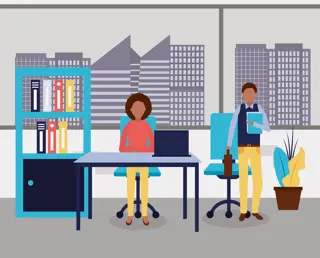
High-quality office buildings in Noida sectors 62, 63, 125, and 132 experience record demand as tech companies and startups seek modern amenities and superior connectivity.

Young investors are choosing Faridabad for its affordable pricing, smart home features, and eco-friendly developments that promise both rental income and capital growth.
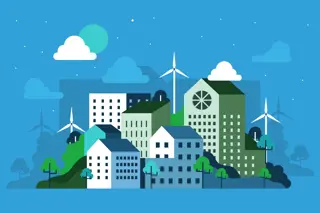
Kochi's suburbs like Kumbalam and Vypin witness rising demand for sustainable homes featuring rainwater harvesting, rooftop gardens, and energy-efficient designs.
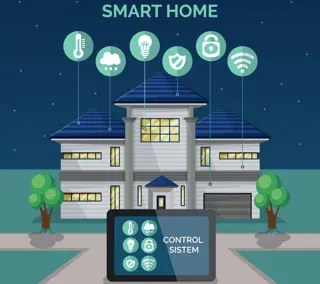
Thrissur's residential sector witnesses a surge in smart homes with energy-efficient tech and sustainable design, reshaping market demands and real estate strategies.

Pondicherry's luxury real estate market witnesses a surge in IGBC-certified eco-friendly properties, blending rainwater systems and solar energy with luxury living for HNIs.

Thrissur Municipal Corporation launches green building incentive program offering tax rebates, expedited approvals for developers adopting solar panels, rainwater harvesting & energy-efficient designs to boost sustainable construction.

Pune Real Estate Expo 2025 featured over 100 exhibitors, smart home tech, IoT-enabled homes, and AI-driven property management, drawing 50,000+ visitors.
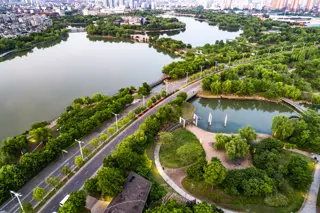
Kolkata's real estate market is undergoing a transformative shift with green homes prioritizing eco-friendly features, energy efficiency, and sustainable urban living. Driven by government initiatives, evolving buyer preferences, and luxury trends, these properties are reshaping the city's housing landscape while addressing environmental concerns.

Gandhinagar introduces strict green building regulations focusing on energy efficiency, water conservation, and sustainable materials. These norms aim to POSITION the city AS a national benchmark for climate-resilient urban development, leveraging incentives for certification and innovative design.
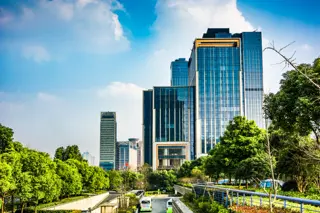
Raipur Development Authority introduces new sustainability regulations requiring energy-efficient designs, green spaces, and resource-efficient systems for buildings exceeding 20,000 sq ft. This move aims to align regional development with India's growing green building landscape, impacting future real estate projects extensively.
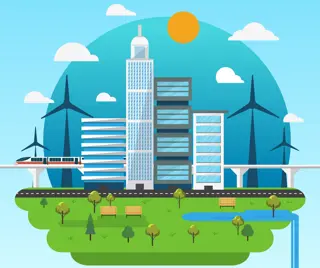
A leading developer has launched Pune's first Net Zero Energy residential tower in Kharadi, offering sustainable living with advanced solar panels and smart home technology.

RERA Delhi introduces mandatory energy ratings for new residential projects to promote sustainability, reduce carbon footprint, and enhance transparency.
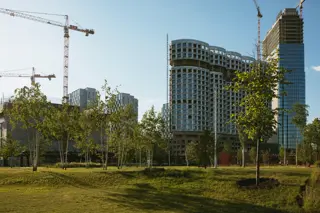
Karnataka mandates rigorous green building regulations in Bengaluru, enforcing energy-efficient designs, sustainable materials, and reduced carbon footprints for all new constructions while introducing incentives for compliance.
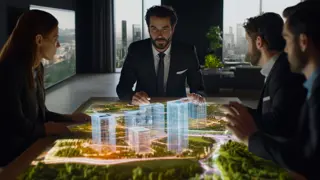
CREDAI Mangalore and SI-8 form a partnership to transform real estate through innovation and sustainability, setting new standards in green building and urban development.
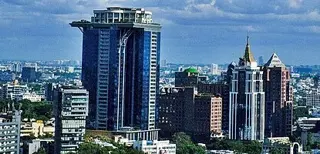
Haryana's real estate regulator introduces mandatory green certification for residential projects, aiming to promote energy-efficient practices and eco-friendly construction in Gurgaon.
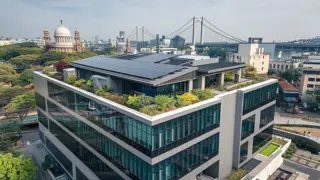
Kolkata’s real estate sector embraces sustainable practices driven by environmental concerns and long-term cost savings, with energy-efficient systems and green certifications gaining prominence.
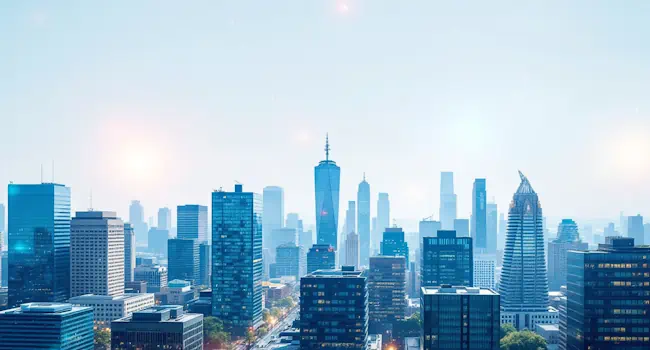
Green building certifications are paving the way for sustainable commercial real estate in India, reducing carbon emissions and providing numerous benefits.
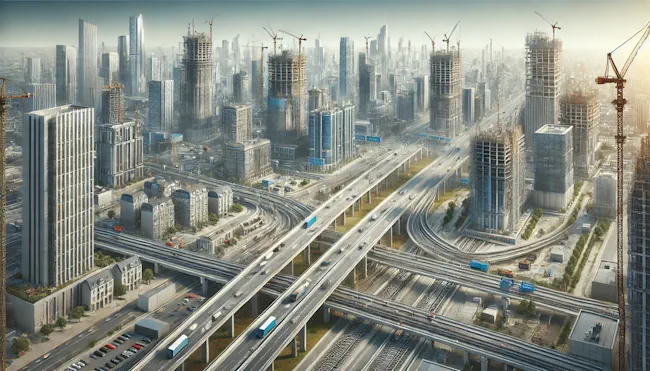
The Indian real estate industry is transitioning towards sustainability, with a focus on green building practices, technological innovation, and cooperative efforts. Key challenges and solutions are discussed.
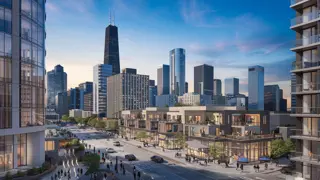
The Indian real estate market is poised for growth in 2024, with opportunities in residential, commercial, and industrial sectors. Challenges include regulations and infrastructure deficiencies.
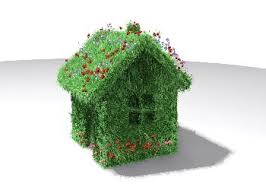
A recent study highlights Bengaluru's green building distribution challenges, indicating a significant focus on commercial properties, while residential green initiatives lag behind, affecting urban housing.

Kolkata aims to transform Rajarhat Town into a solar city, with a Rs 400 crore plan focusing on renewable energy and energy efficiency initiatives.

The Delhi-NCR region is considering mandatory green norms for plot development to ensure eco-friendly construction practices among homeowners.
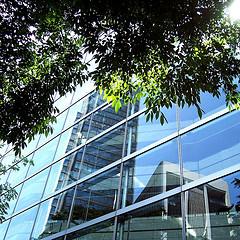
Madhya Pradesh fails to attract builders for green building projects despite government incentives.